As I sit down to describe my best friend in words on paper, I realize this is a bigger task than I initially thought it would be. Kind, thoughtful, brave, gracious, safe, trustworthy, loyal. These are just a few words that come to mind. She has a fire in her when talking about something she cares about or defending people she loves. She has been there, through many hard things, many good things, many laughs, and many tears.
If you are suffering from an eating disorder, you may feel as if your eating disorder is, in some way, your best friend. This makes sense for a lot of clients, as their eating disorders have been present in many seasons and chapters in their lives. I have compassion for this association, and absolutely want to address this subject with respect and sensitivity; perhaps looking at a few of the differences between the two may be helpful for your recovery process.
1. Your eating disorder is unsafe and cannot be trusted. When I think of safety, I think of security, shelter, a refuge, being protected. Safety can embody an emotional, physical, and for some, a spiritual meaning. Ask yourself: does my eating disorder really keep me safe in my emotional experiences, or does it increase my dishonesty with myself and those I care about? Another important question to consider: physically, how is my eating disorder affecting my health? Spiritually, am I connected in a way to God (or my higher power) that I desire when I am engaging in behaviors? People who are safe and relationships that are safe lead us back to, instead of away from, ourselves.
2. Your eating disorder is not kind or gracious. I hope that everyone has the opportunity to experience a friend whose loving care is ever-present. Your eating disorder does the opposite and knows how, when, and where to knock you down with self-criticism and judgment. Spend time reflecting on your last eating disorder thought. What do you notice about it? Is it encouraging or critical to you? My guess is the latter…
3. Your eating disorder doesn’t (actually) show up for you. If you have an eating disorder, I can imagine there is already so much suffering going on in your life. If you are experiencing an increase in behaviors or negative thoughts about yourself, your eating disorder is not actually showing up for you; rather, it is only increasing your suffering and keeping you stuck in a cycle of pain. When I compare this concept to my best friend showing up for me (even when I didn’t think or know I needed her), I remember feeling supported and nurtured, rather than feeling worse about myself. When your eating disorder shows up in your life, it is not out of a desire to support you, but to tear you down.
Maybe this is an opportunity to evaluate the types of relationships you desire in your life, beyond your relationship with your eating disorder. My encouragement for you is to process this with a trusted therapist, dietitian, or in group therapy.
Sending you hope,
Laura





